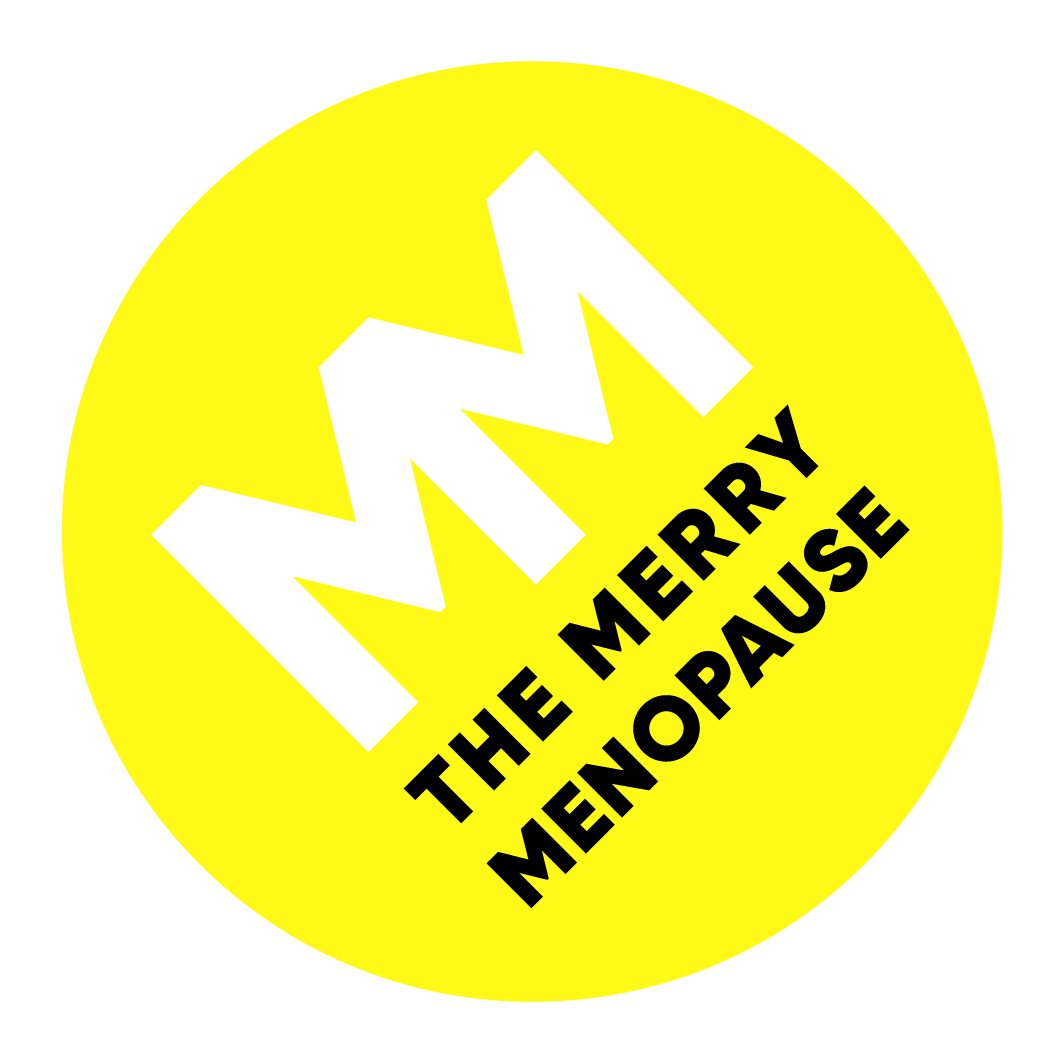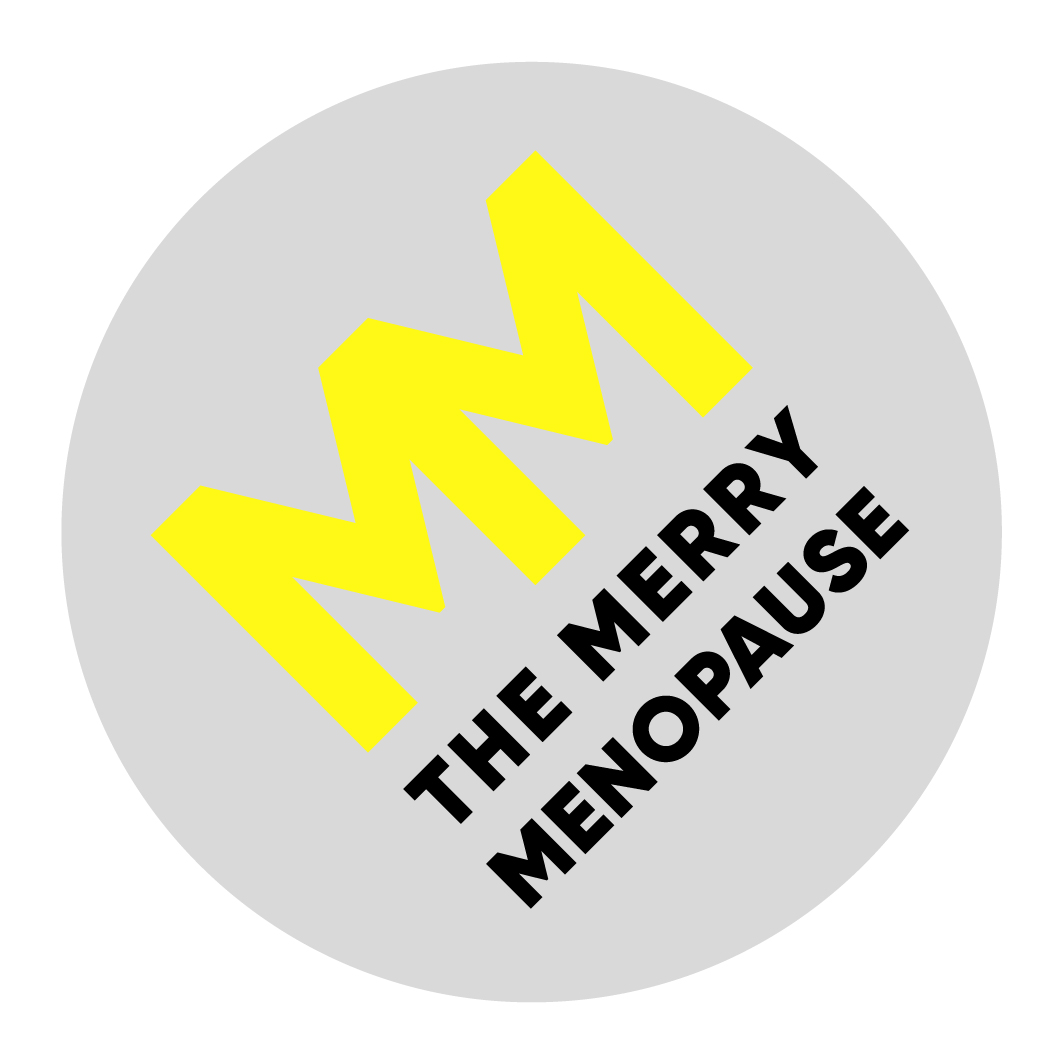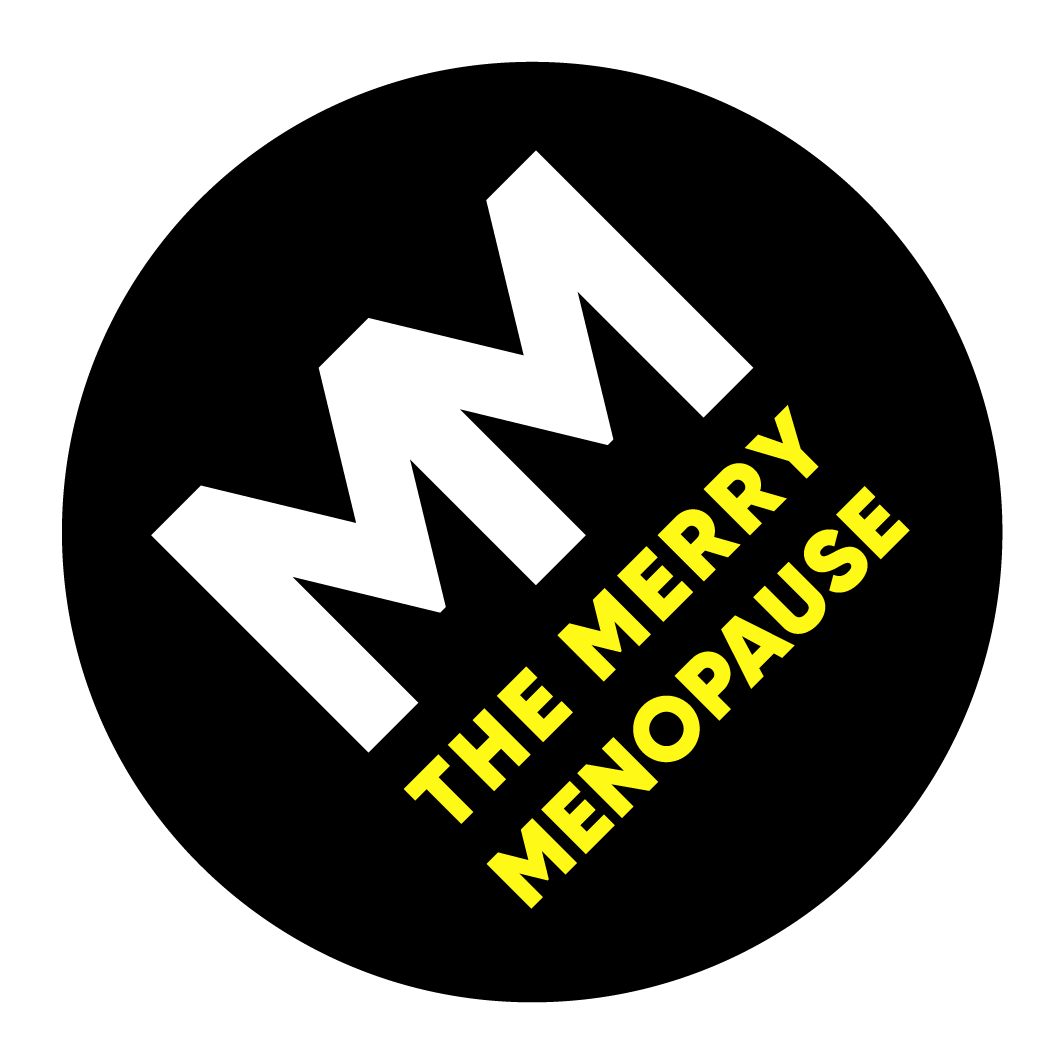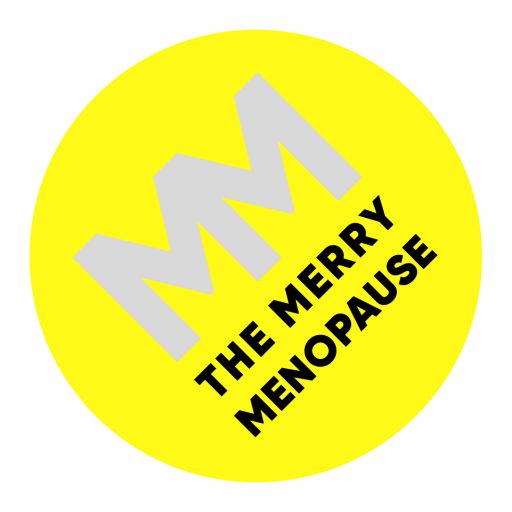
18 Jul Progesterone and the Perimenopause
Progesterone is only produced when we ovulate. It is the hormone that keeps oestrogen in check, either supporting if there isn’t enough or calming it down it if there’s too much. We can have low levels of oestrogen, but if it’s high in relation to our progesterone we can still have signs of excess oestrogen. There is a fine balance in the relationship between these two sex hormones.
Progesterone is produced in the ovaries by the corpus luteum, the structure within the ovary that is left after the egg has been released at ovulation. It is the key hormone in preparing and maintaining a pregnancy and also prevents further fertilisation by making the vaginal mucus hostile to sperm. It is the hormone that triggers a menstrual bleed when pregnancy has not occurred.
During the Perimenopause, we can still have periods but we won’t ovulate due to the depletion of our egg supply and therefore a considerable decrease in our progesterone production. These cycles where we don’t ovulate, but still bleed are knows as anovulatory cycles.
Anovulatory cycles are longer and we can go several months without a period. As we move further into our Perimenopause our bleeds can become heavier which is usually a sign of hormonal imbalance, of excess oestrogen and/or low progesterone. If oestrogen stays high we can go 8-10 weeks without a period because there is no progesterone to trigger a bleed.
Due to the absence of regular ovulation, our progesterone levels drop before those of oestrogen. Oestrogen levels take longer to fall and without progesterone to calm it down, this hormone runs riot and symptoms of oestrogen dominance start to appear; heavier, longer periods, PMS, tender breasts, bloating, headaches and water retention. Without the calming effects of progesterone on the nervous system we can start to feel agitated and anxious and our ability to sleep soundly plummets which puts us into a cycle of low mood and rubbish sleep.
But it’s not forever! Although our hormone levels never peak again as they once did in our fertile years, they do adjust to their depleted levels and balance out once again when we reach Postmenopause. It just takes time. Tomorrow we’re talking testosterone.
NB If over the years you have struggled with anxiety and depression, it could be that you have not been producing progesterone, ovulating or not. If you have or had frequent spotting before your actual period, this is an indicator of low progesterone. Hormonal support could be the answer, not antidepressants.



